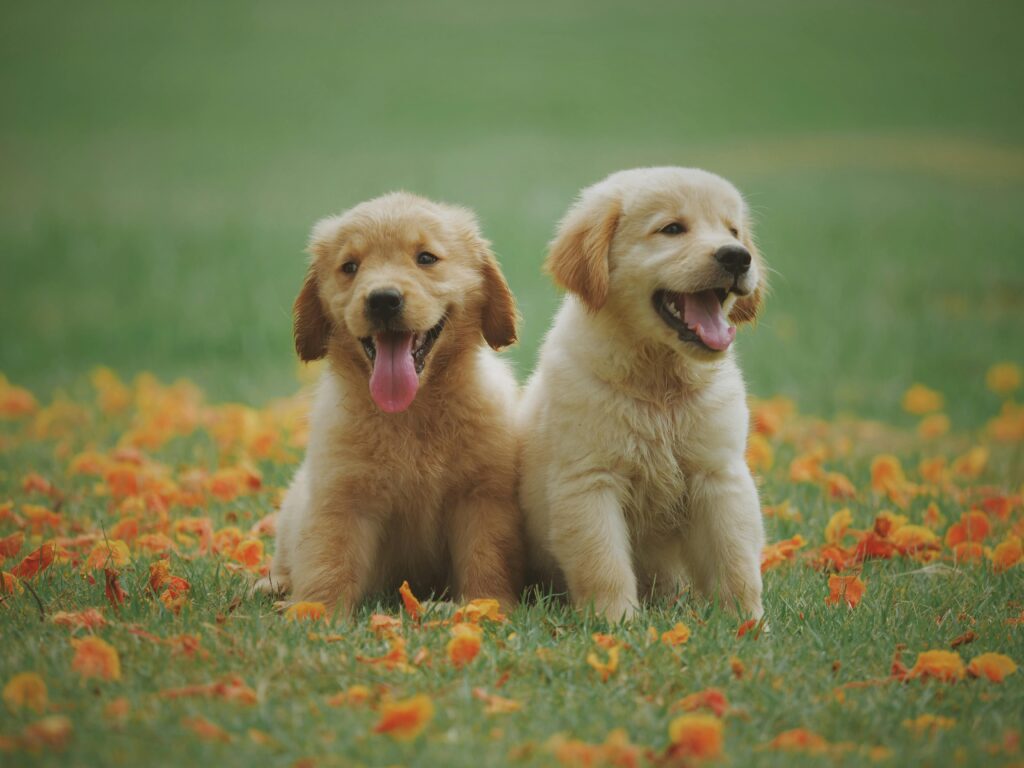In Chinese tradition, the dog holds a revered place—not just as a faithful companion, but as a creature embedded in the symbolic, spiritual, and linguistic fabric of the culture. Its presence is felt across myth, ritual, everyday life, and even idioms. Let’s explore how dogs have shaped and reflected Chinese values across time.
Why Has the Dog Been a Trusted Companion Since Ancient Times?
Dogs have been by humans’ side for millennia in China, serving as guardians of the home, helpers in the field, and early warning systems against danger. Ancient texts like the Book of Rites (礼记) and Zhou Rites (周礼) mention dogs in relation to hunting and guarding—clear signs of their practical and social significance. Their keen senses and protective instincts made them ideal partners in a largely agrarian society.
How Did the Dog Become a Symbol of Loyalty and Protection?
In Chinese folklore, stories of loyal dogs abound. Tales like “The Faithful Dog Saves Its Master” illustrate unwavering loyalty, a virtue deeply admired in Confucian tradition. The dog’s instinct to guard its territory evolved into a symbol of familial protection and moral fidelity. Stone dogs were even placed at gates to ward off evil and misfortune, blending spiritual protection with symbolic guardianship.
Why Is the Dog One of the Twelve Chinese Zodiac Animals?
The dog is the eleventh sign in the Chinese zodiac, representing honesty, loyalty, and vigilance. Those born in the Year of the Dog are often believed to be faithful, kind-hearted, and ready to defend others. The dog’s placement among zodiac animals reflects both its integration into everyday life and its moral resonance within Chinese thought.
What Auspicious Meanings Are Associated with Dogs?
Beyond their practical roles, dogs carry auspicious associations in folk beliefs. The character for “dog” (犬) often appears in couplets and door charms to attract good fortune. Because the pronunciation of “quǎn” is similar to “quán” (meaning “whole” or “complete”), the dog may symbolically represent fullness or protection. Carvings of dogs were sometimes placed at tombs or thresholds as a protective gesture.
How Were Dogs Used in Folk Rituals and Beliefs?
In rural China, some communities believed dogs could sense the presence of unseen spirits. This gave rise to customs such as using dog figures to guard homes or dog blood in certain exorcism rituals (a practice no longer followed today). These beliefs portray dogs as liminal creatures—both practical and supernatural, dwelling between the earthly and spiritual realms.
What Is the Meaning Behind the Phrase “Quǎn Zǐ” (犬子) When Referring to One’s Own Son?
“Quǎn zǐ” (literally “dog son”) is a humble and respectful way to refer to one’s own son in classical Chinese etiquette. But why use the dog as a metaphor?
In Chinese culture, modesty is a virtue. Referring to one’s child with a self-deprecating term shows humility and politeness, especially in formal letters or when addressing someone of higher status. The choice of the dog here is deliberate: while dogs are loyal and useful, they are also seen as low-ranking and humble animals in the cosmic hierarchy. By invoking the image of a dog, a parent acknowledges their social inferiority or lack of presumption, thus elevating the listener’s position.
This usage is similar to other classical humble terms like “quǎn bi” (犬婢, my humble servant-girl) or “quǎn nǚ” (犬女, my humble daughter), all reflecting the same etiquette. It’s a fascinating case of how language and symbolism intertwine in traditional Chinese communication.
Is the Dog Always Seen Positively in Chinese Culture?
Not entirely. Like many animals, the dog carries dual symbolism. While loyalty and protection are celebrated, dogs are also used in negative metaphors. Terms like “running dog” (走狗), referring to a traitorous follower, or “wolf-hearted and dog-lunged” (狼心狗肺), describing cruelty, show that context shapes meaning. This duality highlights the complexity of animal symbolism in Chinese language and thought.
Table: Symbolic Aspects of the Dog in Chinese Culture
| Aspect | Representation |
|---|---|
| Practical Role | Guarding, hunting, companionship |
| Zodiac Sign | Loyalty, honesty, vigilance |
| Ritual Use | Protection against evil, sensing spirits |
| Idiomatic Expression | Humility (“quǎn zǐ”) |
| Negative Metaphors | Betrayal, servility (“running dog”) |
FAQ
Q: Why is the dog a zodiac animal in Chinese culture?
A: Because of its deep ties to daily life and its symbolic value of loyalty, dogs earned a place in the Chinese zodiac system.
Q: Is “quǎn zǐ” considered offensive?
A: No, it’s a traditional and respectful self-deprecating term used to show politeness and humility.
Q: Are dogs considered good luck in China?
A: Yes, in many cases. Dogs are associated with prosperity, loyalty, and household protection.
Q: Why are there negative expressions involving dogs?
A: Like many cultural symbols, dogs embody both positive and negative traits depending on context—serving as metaphors for both virtue and vice.
